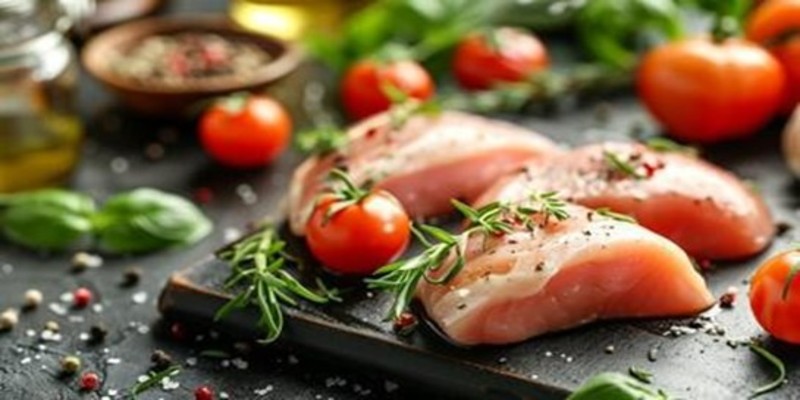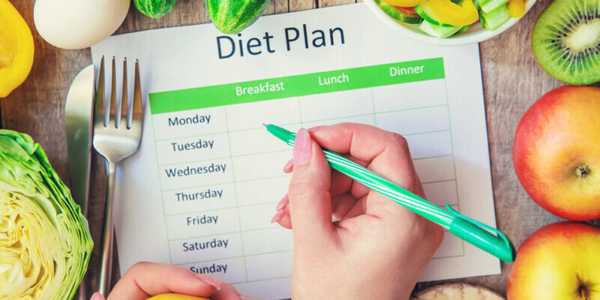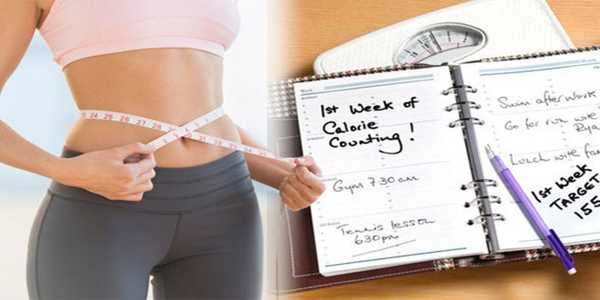Are High-Protein Diets The Key To Sustainable Weight Loss?
Author: Arooba
What if the most significant diet myth isn't about cutting carbs or trying fasting? What if it's simply about eating more protein-rich foods in our meals?
High-protein diets have been making waves for good reason. They're not a fad—they are effective. However, why is protein essential for weight loss, and how can this be utilized? Let's break it down.

The Science Behind Protein And Weight Loss
Protein is not just another nutrient on your plate that can be consumed at will. It is very effective in managing weight. First, protein has a slow rate of digestion compared with fats and carbohydrates. This helps you feel fuller for quite some time and controls hunger and the consequent craving for something unhealthy between meals.
But there's more. Your body uses energy to digest the food you eat—a reaction known as the thermic effect of food (TEF). Protein has the highest thermic effect of all the macronutrients, meaning that our body uses more calories to digest protein than fat or carbohydrates. This is why high-protein diets can boost your metabolism and help you burn extra calories, even at rest.
Another huge advantage? Protein aids in maintaining muscle mass as you are losing fat. Muscle tissue has a higher metabolic rate than fat in the body, so ensuring that muscles are retained helps the body burn calories more actively even when the figure is reduced.
Why High-Protein Diets Are A Game-Changer
Dieting is hard—hunger, low energy, and muscle loss can make sticking to a plan impossible. But a high-protein diet changes the game. The benefits of protein-rich foods include:
Stay Full Longer: No more mid-afternoon crashes. Protein keeps your hunger levels in check, so you naturally eat fewer calories.
Lose Fat, Not Muscle: Diets that cut calories without enough protein often lead to muscle loss. Adding more protein ensures you keep your strength while shedding fat.
Boost Your Metabolism: Protein helps your body burn more calories during digestion, giving your metabolism a natural boost.
What Are The Best Protein Sources For Weight Loss?
Not all proteins are created equal. Choosing the right protein sources can maximize your results and keep your meals exciting. Here are some top picks:
Lean Meats and Poultry: Consider grilled chicken, turkey breast, and lean beef. These are staples for a reason—they’re high in protein and low in fat.
Fish and Seafood: Salmon, cod, and shrimp are rich in protein and packed with nutrients like omega-3 fatty acids, which support overall health.
Eggs: A classic breakfast option that’s easy to prepare and packed with essential amino acids.
Plant-Based Options: Lentils, chickpeas, and black beans are excellent for vegetarians and vegans. They're also loaded with fibre, which aids digestion.
Dairy Products: Greek yoghurt, cottage cheese, and low-fat milk are convenient and protein-rich. However, some products contain added sugars.
Nuts and Seeds: Almonds, chia seeds, and flaxseeds are nutrient-dense options, though they’re higher in calories, so portion control is key.

Protein-Rich Meals For Weight Loss
Adding more protein does not necessarily entail changing your whole nutrition plan from the ground up. You can start by simply replacing foods and drinks that have low calories with those that are healthier for you. Instead of eating cereal bowls with sugar to kick start your morning, try having scrambled eggs with spinach. Lunch should be changed from a sandwich to a grilled chicken salad. The dinner doesn’t necessarily have to include 5-star meals; it can be simple, such as baked salmon accompanied with roasted vegetables and quinoa.
Snacks are yet another way to maintain protein consumption throughout the day. A serving of almonds, a boiled egg, or a cup of Greek yoghurt is ideal as a between-meal snack.
Tips For Sticking To A High-Protein Diet
Making changes to your eating habits can feel overwhelming, but a few simple tips can set you up for success:
Plan Ahead: Prep your meals for the week so you’re never caught off guard. Having healthy, protein-packed options ready makes it easier to stay on track.
Stay Hydrated: High-protein diets can increase your body’s need for water. Drinking enough water helps digestion and keeps you feeling your best.
Mix It Up: Avoid boredom by rotating your protein sources and experimenting with different recipes.
Transform Your Weight Loss Journey
Weight loss does not have to be associated with eating salad only or with constantly feeling deprived and wanting. By choosing the right foods and increasing your protein intake, you can still eat tasty foods and follow the diet plan simultaneously.
High-protein diets help you feel full, burn more calories, and protect your muscle mass, making weight loss sustainable and effective.
So, what's stopping you? Begin incorporating more protein into your diet today and feel its impact on your body.



